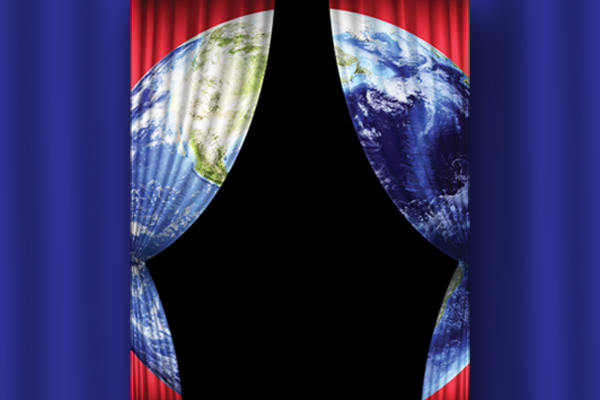WHO SHOULD CARE about the future? Young people, obviously, because they have to live in it. And they have done their job. I spent the ’80s and the ’90s and much of the ’00s listening to my peers complain about “kids today” and how they were apathetic and how it wasn’t like the ’60s and on and on. I don’t know if it was ever true, but it clearly hasn’t been in recent years: On issues from civil rights to prison reform to the one I know best—climate change—young people have been firmly in the forefront.
When I founded 350.org, the first iteration of a global climate movement, it was alongside seven college students—and it was their generation that built that movement out, from the divestment campaigners on college campuses to the Sunrise Movement that spurred the Green New Deal to Greta Thunberg and the many like her who built the powerhouse Fridays for Future coalition.
But they cannot do it alone. They need, in particular, their grandparents and great-grandparents—the boomers and the silent generation above them. Those of us in those categories are the fastest-growing demographic in the country—we add 10,000 to our ranks each day (though, of course, we subtract some too). We vote in huge numbers, and we have ended up with most of the assets, fairly or not.
Read the Full Article

